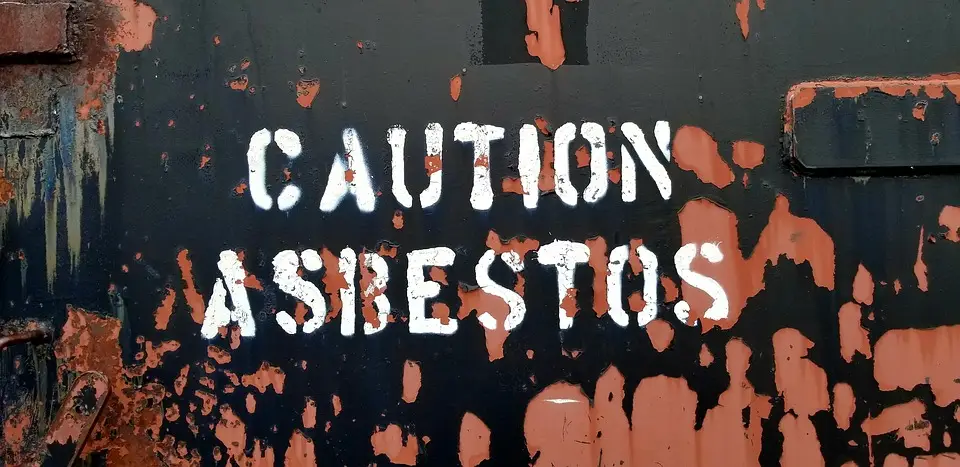
Asbestos Testing : Its Importance
Asbestos is one of the most hazardous materials for construction purposes. The continuous demand for asbestos management and scrutinizing the various disposal methods are of immense importance for all organizations. Hence asbestos testing of important to ensure safety and well-being.
Innumerable building owners carry out asbestos testing to abide by the protocols as per the Control of Asbestos Regulations (CAR) for various industrial, commercial and domestic purposes.
To detect harmful materials like Chrysolite, Tremolite, Amosite, Actinolite, Anthophyllite, and Crocidolite asbestos testing is proven to be beneficial. It helps to understand the content of asbestos from materials like – Cement, Vermiculite, Soils, Insulators, and Tiles.
An Overview Of Asbestos Testing
Asbestos is resistant to heat and widely for constructing schools, homes, commercial buildings, and healthcare facilities. But when the material contains toxic elements, it causes a number of health hazards like asbestosis, mesothelioma, pleural diseases, and lung cancer.
For the safety of the common mass, and improved health almost 55 countries have banned the use of asbestos. Many countries have banned the manufacturing of asbestos or its related products. However traces of the same are still found in ships, automobiles, and chemicals.
For offsite asbestos testing, you can send a sample of material from your house such as – a part of the floor tile, or sheet vinyl, to a laboratory for analysis. This is comparatively cheaper and the cost varies from $50 – $80 depending on the urgency.
The results can be easily back within a week or two and if it is an emergency situation, you can get them within 24 hours.
Different Types Of Asbestos
Asbestos can be classified into two main categories, mainly:
- Serpentine Class or Chrysolite (also called white asbestos)
- Amphibole Class or Amosite (also known as Brown Asbestos)
Amphibole Asbestos is more harmful than Chrysolite Asbestos.
Asbestos Testing Methods
There are multiple ways to test asbestos. Seek professional help as doing it on your own may leave the ground for residues and lead to further distribution of asbestos within the household or office.
Different Types Of Asbestos Testing
-
Testing Through Air Sampling
PCM or Phase Contrast Microscopy detects the presence of asbestos fiber in the air. PCM is cost-effective and time-saving. It helps to give an approximate understanding of the magnitude of the fibers within the air sample.
-
Testing in Building Materials
PLM Or Polarized Light Microscopy helps to identify the presence of asbestos in building materials. It helps to analyze the specific minerals present in the materials through polarized light. PLM displays the presence of raw asbestos materials after the test is complete.
-
Testing In Soil And Water
PLM and TEM help to identify the concentration of asbestos is soil and water. Although in the case of water testing, TEM is more common. Asbestos testing in soil and water is mainly conducted to check the volume of asbestos contamination by the dumping of illegal substances.
How ECOS Can Help
The experts at ECOS try to minimize contamination due to asbestos exposure. Having 16 years of experience and being certified by CDPHE, our asbestos testing service includes upgraded sample analysis and asbestos testing methods in commercial and household properties by using eco-friendly methods for a more sustainable environment free of asbestos contamination.
Connect with our team at 888-507-3262 for upgraded asbestos testing or removal services or check our website at https://ecosenvironmental.com/asbestos-testing/ to schedule your test.
